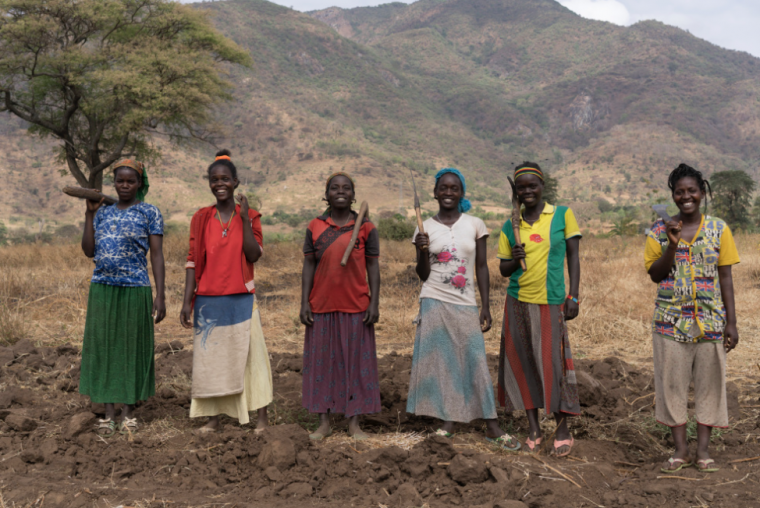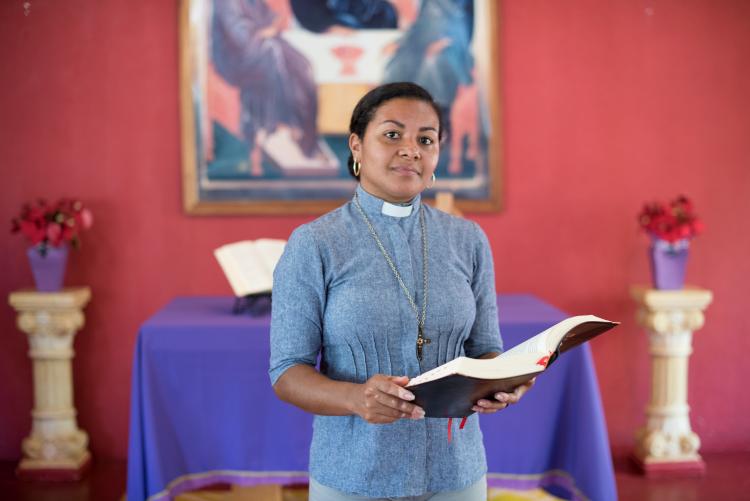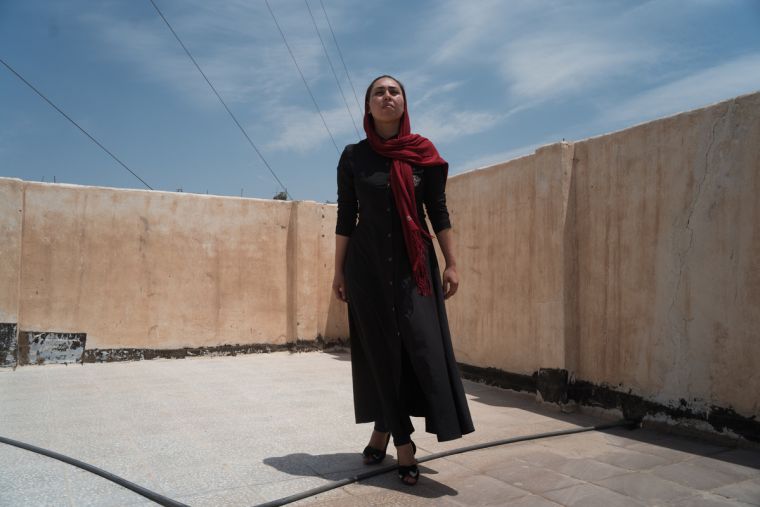Faith groups must get their 'own house in order' if they are to advance women's rights - Christian Aid

Christian Aid is calling on religious groups to tackle gender inequality within their own institutions and partner with secular feminists on women's advancement.
The call coincides with International Women's Day today and is made in a new report from the development agency warning that progress is being threatened by a rising tide of regressive politics.
In his foreward to the report, Patrick Watt, Director of Policy, Public Affairs and Campaigns at Christian Aid, said that the organisation's work with religious actors "has not always been straightforward", and that faith groups need to "get our own house in order" to advance global equality for women.
"We acknowledge that religious institutions have, at times, been shaped by patriarchal structures, and recognise the disservice that this has done to women and girls throughout history," he said.
"Our recognition of this compels us to work persistently towards basing all our work on gender justice and equality.
"As a faith-based actor, we believe that we must always promote progressive gender norms, challenge harmful practices, and amplify the voices of women from minority groups to address their multiple inequalities."
The "Equality at All Levels" report was due to be published on 10 March at the United Nations Commission on the Status of Women but the event has now been postponed due to the coronavirus.

Among other recommendations, the report calls on faith actors to: commit to ensuring female leaders rise to positions of power; address unequal access to education and training within church structures; work to address and prevent sexual and gender-based violence in churches and faith-based organisations; develop a theology that deconstructs gender stereotypes limiting women's rights; and increase the number of female faith leaders and theologians who connect with the lived experience of women.
Dr Marianna Leite, Christian Aid's Global Lead on Gender and Inequality, said that faith groups had the potential to strengthen the wider movement for women's rights.
"In the last decade, we have seen a fightback against so-called 'gender ideology'. This has led to toxic narratives filled with hatred that incite violence and put forward a regressive portrayal of masculinity. This toxic masculinity includes the dangerous idea that men should have power over women," she said.
"As a faith-based organisation motivated by our belief in the dignity of all and an understanding that each of us stands equal before God, we call on churches and other religious institutions to lead the way in promoting gender equality in every sphere of society, including our own faith communities and institutions.

"By working with women's rights groups, faith-based actors have the potential to strengthen movements for gender justice and demonstrate that religious voices can, and must, uphold women's rights."
Amanda Khozi Mukwashi, Chief Executive of Christian Aid, said that the variable track record of religious institutions on women's equality "erodes the valuable contribution faith institutions have made over the years, including providing basic services such as education and health to many communities across the world".
She said she wanted to see faith communities promote respect for women, their rights and wellbeing, and work to challenge harmful practices and inequality.
"We believe that each of us stands equal before God. Over the past 75 years, Christian Aid has harnessed experience working with religious and secular actors towards gender justice. But we recognise that religious institutions have at times played a part in exacerbating gender inequality," she said.
She added: "Those who believe in a God of justice must not remain silent when the roll-back on gender equality threatens the progress we have already made, and those achievements yet to be won. The role of religious leaders in combating these unjust systems of oppression has never been more important."











